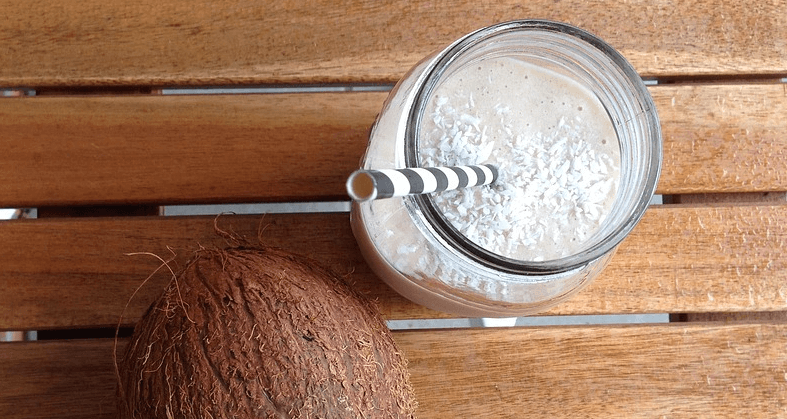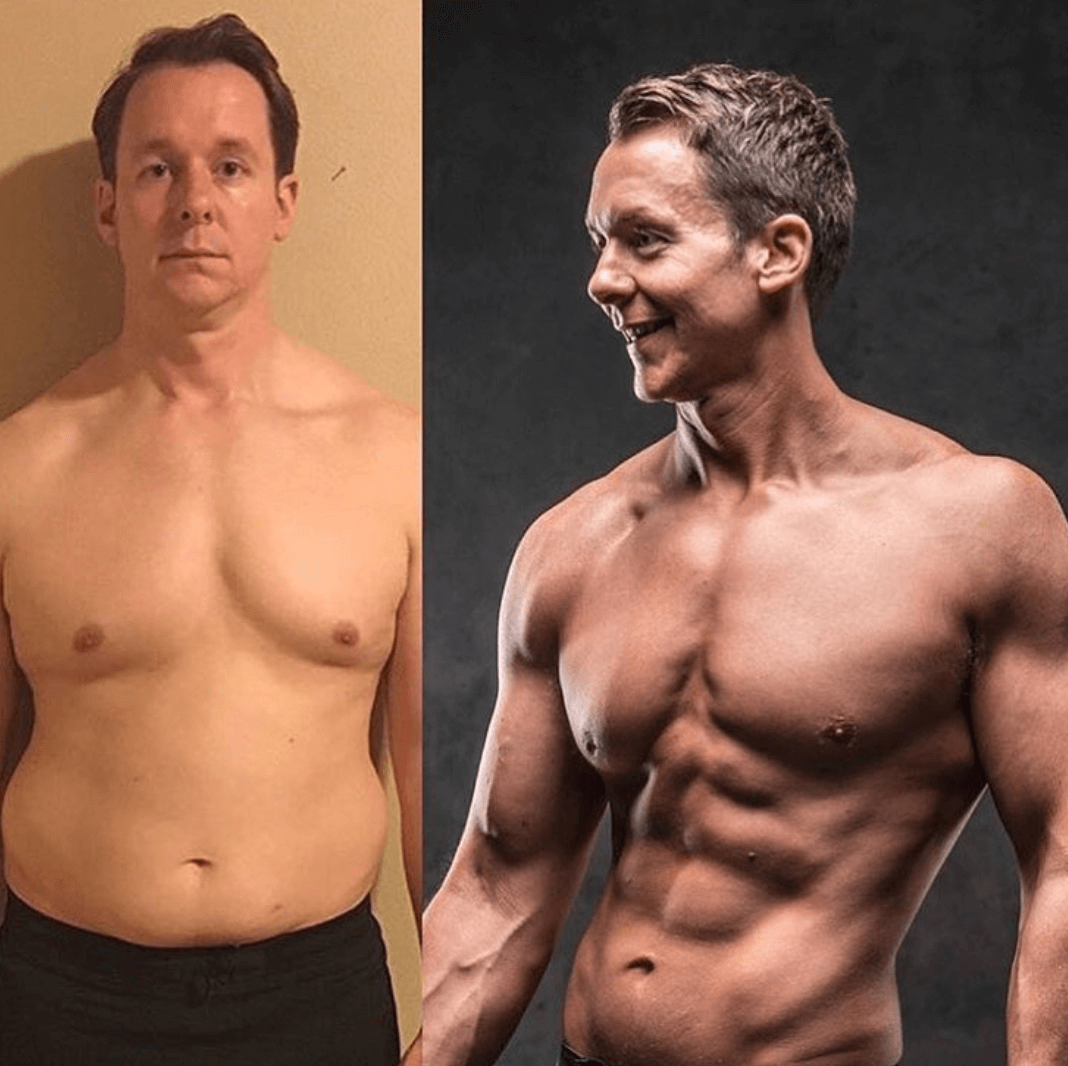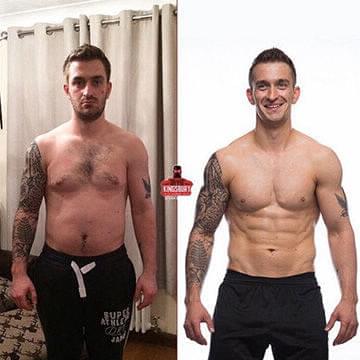We’ve come a long way since the quintessential post-workout protein shake. As we learn more about how the body reacts to physical or muscular stress, we understand more about what we need to give it to help recovery.
Let’s look at what works best and how you can boost your performance post-workout that goes beyond a shake or two!
Why is Workout and Post-Workout Nutrition So Important?
The reason why eating and drinking after your training session is important is linked directly to your workout. The body deals with nutrients differently at different times, depending on activity. Working out creates a demand for certain nutrients to help aid recovery. If you can give your body what it needs, when it needs it, you’re on the right path to an optimised recovery.
Post-workout nutrition helps improve your body composition, performance and overall recovery. It has three specific purposes, which are:
- To replenish your glycogen (i.e. energy) stores.
- To increase protein synthesis (i.e. increase muscle size and / or quality).
- To decrease protein breakdown (to repair any damage caused).
Put simply, eating after your workout is used to increase performance, improve your appearance and enable your body to remain injury-free.
Protein Breakdown and Synthesis
Two things happen when we train with weights. We use fuel to make those weight move, which damages the muscle tissue. It’s this damage that promotes the muscle to repair itself, coming back stronger and more lean than they were before.
That damage is caused through the breakdown of old, damaged proteins (a process known as ‘protein breakdown’) and the construction of new ones (aka ‘protein synthesis’). This biological process is known, collectively, as protein turnover.
After resistance training, protein synthesis increases slightly, but protein breakdown increases dramatically. Obviously this means our bodies are doing a lot more breaking down, than building up and it represents the metabolic basis for muscle growth. There are, however, ways to alter this outcome.
When we make sure we have the raw materials for protein synthesis within our bodies during recovery, muscle hypertrophy occurs, providing we have established a positive protein balance. In other words, we need to make sure we have the right nutrients for protein synthesis to take place, so the differences with protein breakdown aren’t so dramatic.
According to research, this balance can be altered in our favour. When you eat the right type of nutrients after exercise, protein synthesis is stimulated, whilst protein breakdown is suppressed.
Of course, our bodies can only use the raw materials if they’re available. By having them within us, the body is more likely to use them and therefore they will signal to the body that it’s time to rebuild.
We can improve this availability in two ways.
- By increasing the blood flow to skeletal muscle during and after exercise. This means that more nutrients are floating around the body more quickly.
- By providing amino acids during exercise, and protein and carbs after exercise. This will mean that the rate of protein synthesis goes up.
However, protein is not the only concern. During exercise sessions, stored carbohydrates can also be substantially depleted.
When to eat
There is an opportune time, post-workout, that you need to eat. Some people refer to this as the ‘window of opportunity’. There is also a certain amount of disagreement in actually how long this window is open for.
Some people will tell you it only lasts for minutes, but this is massively exaggerated. I believe that the window lasts for several hours, at least as far as optimum recovery is concerned.
Whatever the true time is, the focus should actually not be on nutrient timing, rather it should be looking at your daily calorie intake as a whole. The amount and quality of calories and macros will have far more influence over your progress than the time you eat them.
Once you’ve finished your workout, your body deals with foods in different ways. This will depend very much on the stresses and demands that you have put yourself under. Some research suggests that protein synthesis lasts for 48 hours after strenuous exercise, but I would say it is important to get the nutrition needed within 2 hour ideally, slightly quicker if the session is very long cardio, to really maximise your recovery.
What to Eat
So while we’ve spent some time taking about ‘why’ we should eat post-workout, the question really is ‘what’ to eat to give yourself the best chance of success.
As I’ve touched upon, the traditional post-workout nutrition requires two things:
- Protein to aid protein synthesis.
- Carbohydrates to help replace muscle glycogen (and to enhance the role of insulin in transporting nutrients into your cells)
Post workout meals for carbs and proteins are my go to meal/snack/shake for after training typically. But not always.
Under certain circumstances I believe that keeping to a low carb diet, even post workout is beneficial. If someone has a lot of bodyfat or is looking to better manage blood sugar then post workout meals don’t always need the same level of carbs as someone trying to build muscle.
You could certainly eat a whole food meal that meets these requirements after exercise. However, whole food meals aren’t always practical shortly after working out. If you have to get to work or home to look after the kids, you need something else that meets these requirements. Also, often people just aren’t hungry for a meal immediately after a gruelling exercise session.
As much as I would always recommend whole food, there are some drawbacks. Whole foods digest slowly, but we may want nutrients to be available quickly, depending on our specific goals. Also, a whole food meal might require refrigeration, which might be less practical at the gym!
If not a whole food, then maybe a shake might be more convenient. Consuming a liquid form of nutrition that contains rapidly digesting carbohydrates and proteins might accelerate recovery by utilising insulin for nutrient transportation. It can also result in rapid digestion and absorption after tough workouts.
What you eat post-workout is important to give yourself the best chance of recovery and progress, there’s no denying that, I would always suggest eating a whole food, or at least having a protein shake, within 2 hours of training wherever possible.
If you go for whole food, then the meal should contain protein and carbs primarily. But, as with anything fitness related, what is best for you is decided by your own goals, your body type, personal dietary requirements and your own personal preferences.

Saying that, don’t put all your emphasis on post-workout nutrition, it is simply another part of the puzzle. Your fitness won’t succeed or fail because you do, or don’t, eat within two hours of exercise. Instead, focus on hitting your daily calories and macros and incorporate your post-workout meal into this.
If you would like to try and couple of my delicious post-workout meals and shakes, then you can download them here.










